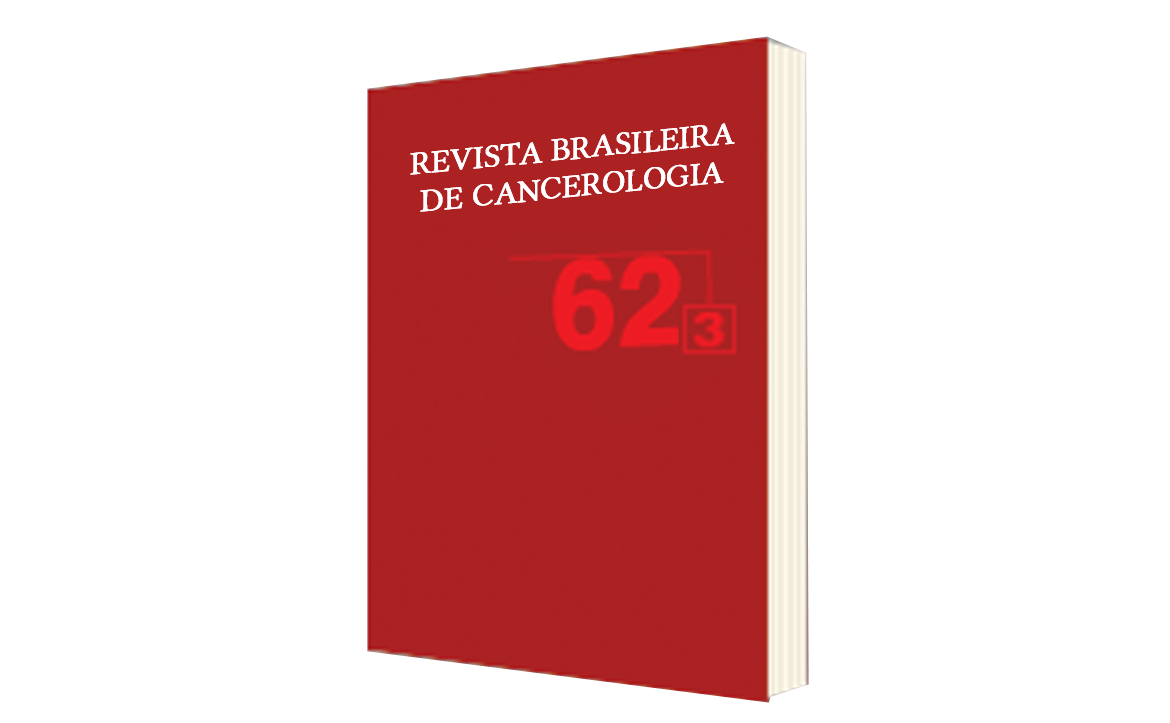To Feed and to Nourish: Significances and Meanings in Oncologic Palliative Care
DOI:
https://doi.org/10.32635/2176-9745.RBC.2016v62n3.163Keywords:
Palliative Care, Neoplasms, Feeding, Nutrition, Public Health, CaregiversAbstract
Introduction: The college of nutrition has not treated properly the theme of feeding as a psychobiosociocultural phenomenon. This is worrying because the work elements of this professional are man and his food. Objective: The goal was to understand the meanings and significance of food and nutrition in oncologic palliative care for patients and their caregivers in Brazil and Portugal. Method: A qualitative exploratory-descriptive study, carried out with patients and caregivers in health institutions in Brazil and Portugal in the year 2013, the data of which were produced by semi-open interviews, using discourse analysis of the collective subject to understand the meanings and significances of food and nutrition for the interviewees. Results: The participants were 14 oncology patients and 14 caregivers. The most frequent central idea was: cannot live without eating, present in the discourse of 100% of the patients and 78% of the caregivers analyzed. The discourse of the Brazilians and Portuguese complement each other, so there are more similarities than differences regarding food and nutrition in oncologic palliative care in Brazil and Portugal. Conclusion: The primary sense of food and nutrition lies in its conditional relationship to life, demonstrating that their cultural and social value is fundamental, full of symbolic meaning and emotional load.









